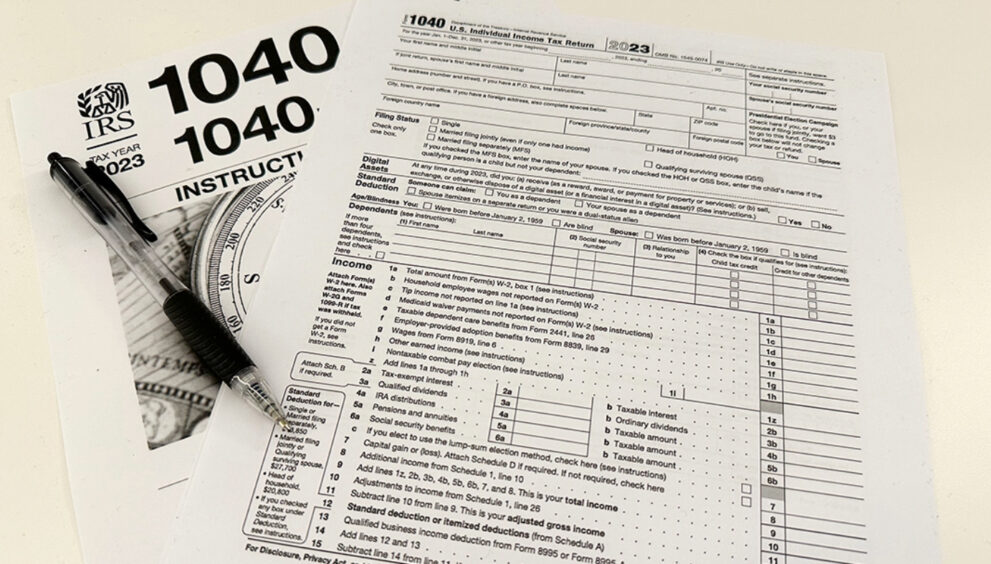Prevent the Tax Debate from Falling Under the Influence of Loopholes

As the 2017 Tax Cuts and Jobs Act individual provisions are on the verge of expiry, the Republicans are facing a critical situation. Without Congressional action, more than half of taxpayers will face tax increases. However, extending the law will lead to adding over $3.5 trillion to the already unsustainable deficits.
During any year with significant legislation like this, D.C. lobbyists intensify their efforts. Each group prioritizes its tax interests willing to compromise a strong code for one that favors its industry. Despite the 2017 reforms’ attempts to simplify the tax code, our tax laws remain in a messy state.
For Republicans to achieve successful tax reform this year, they need to set aside various niche demands and approach the debate with a focus on principles first.
What does a principles-centered approach look like? Considering the vast and complex U.S. tax code, it might be a challenging question. However, it boils down to tax-writers in Congress asking themselves three key questions: does this policy enhance economic growth? Does this policy result in substantial revenue loss? Does this policy simplify the tax code?
Currently, we see different groups coming forward to push for specific policies. For instance, the SALT Caucus aims to eliminate or significantly increase the $10,000 cap on state and local tax deductions. President Trump supports eliminating taxes on tips. There is also a debate underway about the treatment of non-profit organizations, especially those with business-like income or investment earnings.
Various factions will create narratives to support their policy preferences. To cut through this noise, lawmakers should evaluate these provisions based on the principles-first approach to determine their merit.
How will these policies impact the economy? Elimination of the SALT cap could influence state tax decisions and prompt individuals to move to low-tax states. Not taxing tip income could introduce complexities and affect the structure of the service industry. While a higher endowment tax may not be an ideal tool for changing university choices, tuition costs have leveled off or even decreased in some instances in recent years.
What are the revenues implications of these policies? Relief from the SALT cap carries a significant cost, while not taxing tips puts over $100 billion at stake. Revenue generated from the endowment tax is relatively modest in comparison.
How will these changes simplify the tax code? Relief from the SALT cap and tip-income tax changes would complicate the code. Full expensing is example of a policy that may simplify the code, increase economic growth, and make tax compliance easier for businesses.
These are just a few instances where the principles-first approach needs to be implemented for all expiring provisions. Republicans have an opportunity to avoid setbacks by focusing on principles, policy, and permanence rather than the lobbying forces dominating the conversation each day.






















































































































































































































































































































































































































































































































































































































































































































































































































































































































































































































































































































































































































































































































































































































































































































































































































































































































































































































































































































































































































































































































































































































































































































































































































































































































































































































































































































































